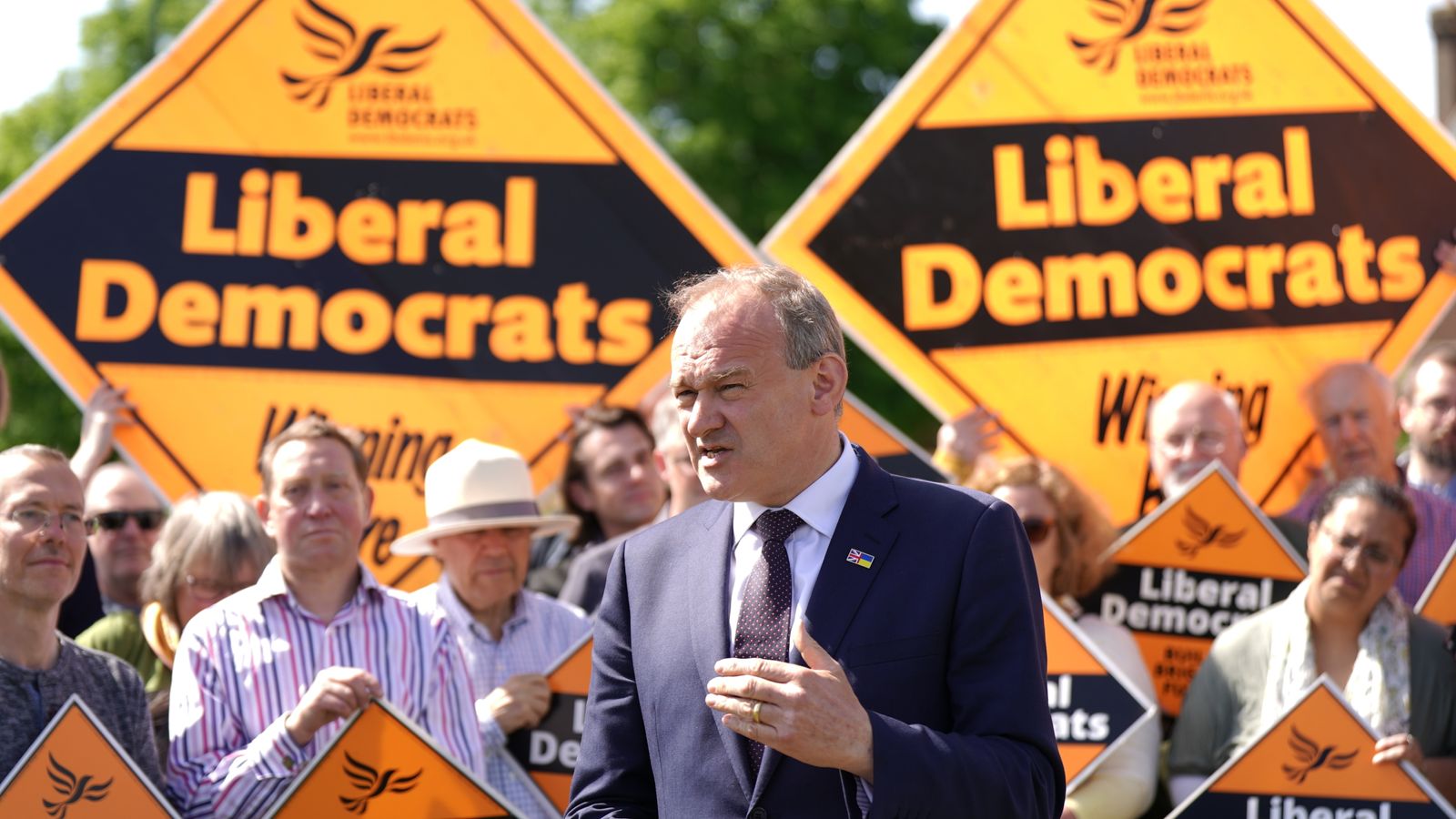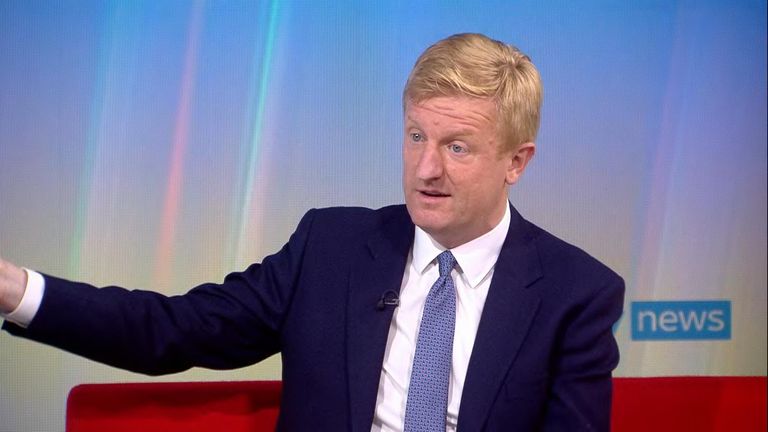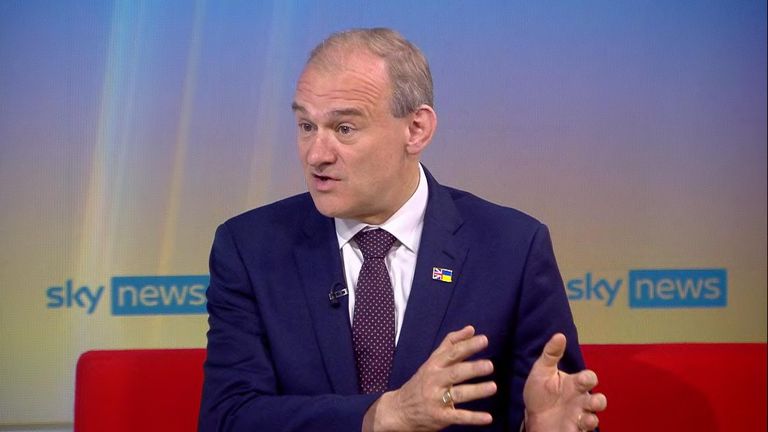The big picture is still taking shape, with a lot more results to come in, but we’re getting a sense of the mood within the political parties.
Labour have achieved a morale-boosting triple whammy in London, taking Wandsworth, Westminster and Barnet councils – all Conservative strongholds in the city where Boris Johnson used to be mayor.
Wandsworth, known as Margaret Thatcher’s favourite council, famously had the lowest average council tax in the country until Westminster took that crown.
Politics Hub: Live updates as results come in across the UK
With the backdrop of a cost-of-living squeeze that is likely to dominate our politics for some time, voters rejecting a message of low council tax and efficient services will have ramifications more widely. That is no longer a line the prime minister and chancellor can deploy to answer people’s worries about their finances.
Labour leader Keir Starmer, however, chose Barnet for his victory lap this morning, hailing a “big, big turning point for the Labour party, from the depths of 2019”. That one is a particularly personal filip for him, as he has been at pains to show that Labour’s antisemitism record under Jeremy Corbyn, which saw the party shunned by voters in the council area with the most Jewish voters, has been turned around.
Check the result where you live
But victories in London are not echoed throughout the country. The first thing to note about the capital – and indeed many other big cities – is that Labour holds most of the parliamentary seats here already, with just 20 out of 73 seats in Greater London now in Tory hands.
The Conservatives have been spinning the results as a bad night for Labour outside London, pointing out that the party has gone backwards in “red wall” towns like Hartlepool, Nuneaton and Sandwell.
Certainly, many of these former heartlands are far from returning to the fold. However, Labour can still point to the fact they took Southampton council from the Conservatives in the south, held on in Sunderland, and the new local authority of Cumberland in the very north as evidence of some revival of fortunes across the country.
There are also glimmers of hope beneath the headline results in areas like Dudley, where the Conservatives held on with some Labour gains, and Wolverhampton, where the number of seats was unchanged. Labour believe the increase in their vote share would put them in a position to take seats in Parliament.
There is little doubt that partygate hit home with voters – more in some areas than others. Wandsworth’s outgoing Tory council leader Ravi Govindia told me on the doorstep there last week that “there is no point denying it’s an issue; we are not living in a cocoon”.
In Cumberland, where all three MPs in the area are now Conservative, local council leader John Mallinson vented to a TV camera at 3 am that “I just don’t feel people any longer have the confidence that the prime minister can be relied upon to tell the truth.” But overall, it can be written off by the government as midterm blues.
As one senior government official said, “it’s hard to imagine any other Conservative leader doing better than this.”
The Liberal Democrats have reason to be optimistic – as ever throwing resources at a few key battles, and in the case of Hull taking seats from Labour. But the picture which emerges through the day may well be more about gains at the expense of Conservatives in the south of England, from Richmond and Wimbledon in London, to Surrey and West Oxfordshire.
Ed Davey told Sky News: “This is a real trend now. I had that photo opp where I knocked down the blue wall as a symbol of the fact that we’re taking the Tories on in their heartlands.”
In the weeks to come, as the Tories gear up for a by-election in the Devon seat of disgraced former MP Neil Parish, it may be the threat of a Lib Dem revival and a broader southern discomfort which gets nerves jangling more than events in London.
Yvette Cooper, the shadow home secretary, summed up Labour’s morning thus: “We’re rebuilding support from what was a very difficult 2019 general election result for – the worst result across the country for generations, we’ve been working to earn back trust and we’re seeing the result of that.”
In Scotland, where results are yet to declare at this point, but where no Labour government in office has ever held fewer than 40 seats, the party is currently hoping for something around what was achieved in 2017 – when it held a modest 7 seats north of the border, with some inroads into the SNP citadel expected in Glasgow and Lanarkshire.
For all the expectation management by both sides in recent days, significant advances on 2019’s catastrophic result are not enough for Labour to look as if it will be taking power. As one minister put it to me, “If Labour aren’t taking Nuneaton, they aren’t forming a government.”
And for Conservatives who were eying up a challenge to Boris Johnson, these results may shake nerves – in London and the south particularly – but do not significantly change the calculation.



